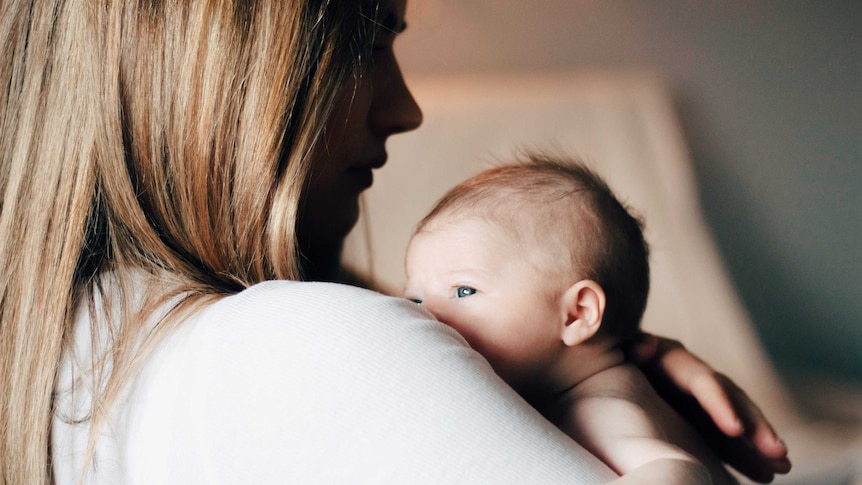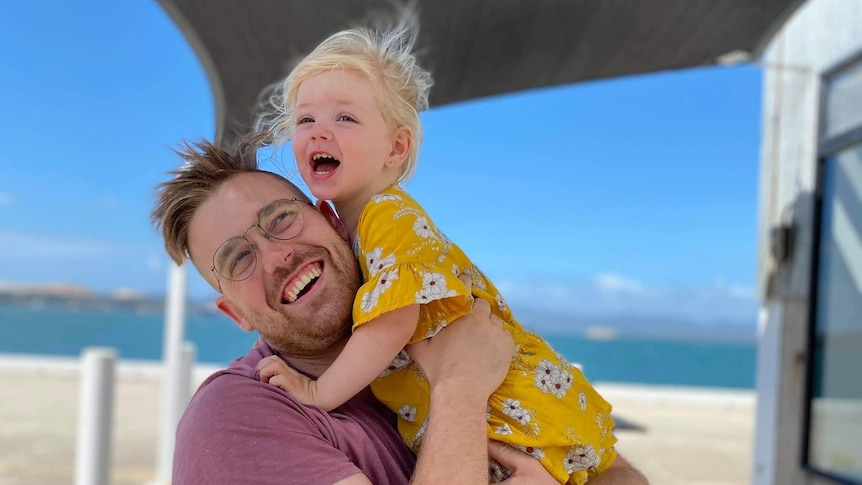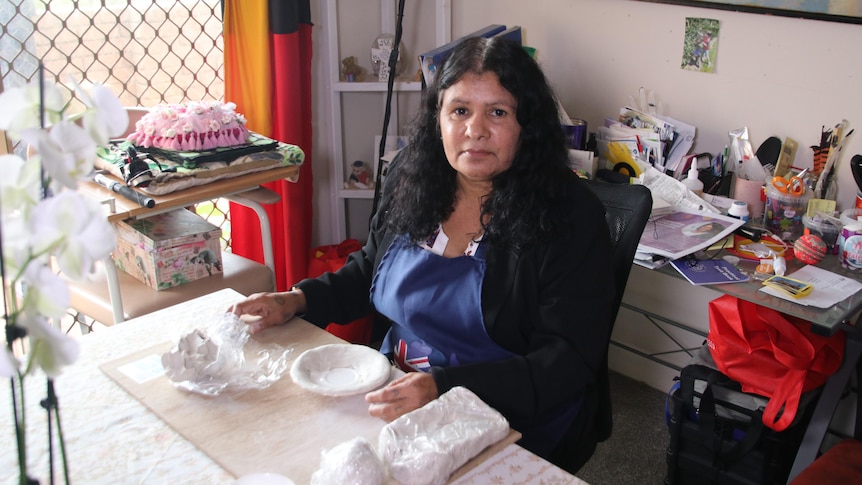Victoria’s only dedicated parenting and care support line has been given an 11th-hour reprieve from being shut down.
Key points:
- At an emergency meeting, staff were told an earlier decision to close Parentline had been reversed
- The service employs about 30 counselors and receives about 1,000 calls a month
- The ABC was told some staff had already accepted redundancy packages
Parentline counselors were told in an online meeting three weeks ago the service would close next month after the Victorian government with drawn funding, despite no consultation with staff or the union.
The service has been operating for 22 years.
The ABC understands some counselors had already taken redundancy packages and started looking for new jobs.
But following inquiries from the ABC, counselors were called into an emergency meeting at 7pm yesterday and told the government funding would continue for another 12 months.
The future of the service remains uncertain, with the state government saying it would undertake a review of the service to see if it was continuing to meet the needs of the community.
If the funding cut had gone ahead, Victoria would have been the only state in Australia without Parentline, which provides parents with confidential counseling and support seven days a week.
Parentline was regularly recommended alongside Lifeline and BeyondBlue for parents needing mental health support during the pandemic.
Service ‘a lifesaver’
Counselors were furious with the initial decision to shut down Parentline, and had accused the state government of abandoning vulnerable families who use the service and the children behind the calls.
Former minister for child protection Anthony Carbines, who currently holds the police, crime prevention and racing portfolios, made the decision to close the Parentline service in June without consulting with counsellors, the ABC has been told.
Recently appointed Minister for Child Protection Colin Brooks has since been in discussions with the Community and Public Sector Union and was involved in the last-minute decision to reinstate the funding.
Jack* has used Parentline for close to three years after his marriage broke down and was anxious after he heard the service would be closing.
“I was seeing a traditional counselor who suggested this would be a good service and I have since run twice a month in all forms of distress,” he said.
“The counselors are very helpful in providing advice, there are a lot of uncertainties and anxieties being a sole parent and they have helped me engage with my child and communicate with my partner.”
“They are absolutely a lifesaver for some people.”
The state government said its 12-month review of Parentline would examine what alternative platforms may be available.
“Our priority continues to be keeping children safe and families strong,” a government spokesperson said.
“The Parentline Program is continuing to operate and we thank its dedicated staff for their tireless effort and support of Victorian families, parents and carers.”
‘Grave error’ to close service amid mental health system crisis
One counselor at the service, who spoke on the condition of anonymity, said the attempt to shut Parentline, which receives more than 1,000 calls a month, was a “serious error”.
“It is difficult to understand an attempt to close Parentline at a time where mental health systems are not able to meet post-pandemic demand and the mental health royal commission recommends the need for services such as Parentline,” they said.
The worker said many counselors have worked in private practice and a lot of the work Parentline does cannot be achieved in counseling settings.
“Instead of a parent coming to an appointment in a settled way, we speak to them when they are often distressed, fearful, angry or crying,” they said.
“The work we do supports parents at times when they risk blowing up the relationship with their child and they desperately need intervention at that moment.”
Community and Public Sector Union team leader Andy Capp said the service employed around 30 counsellors.
“The union is fully behind the continuation of Parentline, we see it as an invaluable service to parents in Victoria,” he said.
“If the decision of the former minister were to stand then Victoria would be the only state in Australia without a dedicated parenting support service.”
The union said while the government recommend other resources for families including Orange Door, Maternal and Child Health Advice Line and Lifeline, they do not provide the same counseling support for parents.
*Name has been changed for privacy.
.



